An article by Dr Meenakshi Bharath.
The author is a gynaecologist with 40 years of experience and a member of Solid Waste Management Round Table, Bengaluru.
There is nothing wrong with using cloth pads. They are actually good for women’s health, cost effective, great value for money and trash free too!
The Covid-19 crisis has brought many problems to the forefront. Many previous ignored solutions have suddenly emerged as cutting edge innovations.
One such is the issue of non-availability of sanitary pads for children. The government had been distributing low cost disposable pads to children under various schemes, but with the lock down and the school closures, this stream of supply came to a halt. Women get their periods irrespective of crises - floods, cyclone or Covid-19. Because they lost their jobs, they could not afford to buy food. How could they afford to purchase sanitary pads, an absolute necessity?

Over the last 50 years, the dependency of the modern woman on single use disposable sanitary pads has been increasing. Why? Because the pad making industry has been doing a great job of advertising it. How do you advertise a new product? Either by saying your product is far superior to any others in the market or by giving the competition a bad name. The single use disposable (SUD) sanitary pad industry used the latter strategy and played on the psyche of the women. Women were already taught to be shy and ashamed about their menstrual periods. For hundreds of years, we have used cloth (usually old sarees and soft material) for absorbing menstrual discharge. This was washed and hung inside the house – in the bathrooms to dry, or hidden in dark corners. This resulted in these pieces of cloth catching fungus. The industry therefore said that cloth pads are unhygienic and unhealthy. They visited gynaecologists and told them about SUD pads – extolling about how good and hygienic they are. As the days went by, the pads went from being mainly cotton to becoming more and more plastic-laden. They were bleached white to show that they are hygienic. This was done using substances called dioxins, which are harmful to the body. The trash that these disposable pads produced did not degrade at all, an environmental disaster.

Another disadvantage of cloth pad was that they were not leak-proof and so stained the clothes – which let to further shaming of women. The plastic SUD pads did not leak.
Thus the saga of using disposable sanitary pads started. Now, we are all addicted to this so-called convenience. We have not realised that these pads are a recurrent expense – costing anything from Rs 50-150 every month and from Rs 1000-1500 every year. They also result in women getting rashes in the groin, skin allergies, and foul smell. After just a single use, disposable pads have to be discarded, creating a huge amount of trash. Bangalore alone is estimated to produce over 1,00,000 kgs of sanitary waste in a day - imagine what the bigger cities must be producing!

New age cloth pads are made of fresh new cloth, with a leak proof jacket called PUL (polyurethane laminate) with wings, so that the panty or clothes do not get stained. They are easy to wash, like we wash all our other clothes. They can be dried in the sun and so are hygienic. Sunlight is the best sanitizer available to us, free of cost. We wear cotton clothes all the time, so we cannot call these pads unhygienic, can we?
As part of the pan-India “Green the Red Campaign”, over the last 5 years, we have been empowering every village and district to make their own cloth pads so that they will not be dependent on a centralised supply. Women make these cloth pads in their homes and get employment. Children get these reusable, washable cloth sanitary pads at low cost. ATMA NIRBHARTA, as Prime Minister Modi says, is what we are promoting.

A set of 5-6 pads will last about 2-3 years i.e. 24-36 months. They cost little about Rs 400, thus costing about Rs 10 per month. They are very comfortable to use, resulting in little or no rash. Most importantly, they produce hardly any trash. As when they get worn and torn, they can simply be composted. It’s a RASH-FREE, CASH-FREE, TRASH-FREE programme.

Many NGOs including Rotary have been promoting reusable pads. Bangalore Rotary District 3190 has gifted over 2,000 sets to 2,000 students and women from January 2020. This has saved over 7,20,000 single use disposable sanitary pads from being purchased and then after use going to the landfill. These 2,000 women will not suffer the lack of proper sanitary ware for the next 3 years. By then, they will learn to make these pads themselves, having the capability of stitching complicated dresses.

Let us therefore empower our women to stitch these cloth pads, teach them how to use it hygienically, and be garbage free. This will protect women from many health problems, give them employment and help them be environment friendly too. Thus cloth pads are very good, especially for the girl child from menarche to marriage or age 20 years.
There is an even better solution for adult women – the menstrual cup. But that is a whole new topic that we can talk about another time.
This way we can forever prevent PERIOD POVERTY for women in India.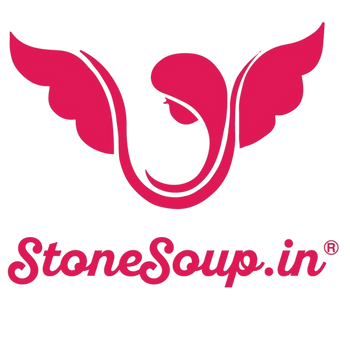

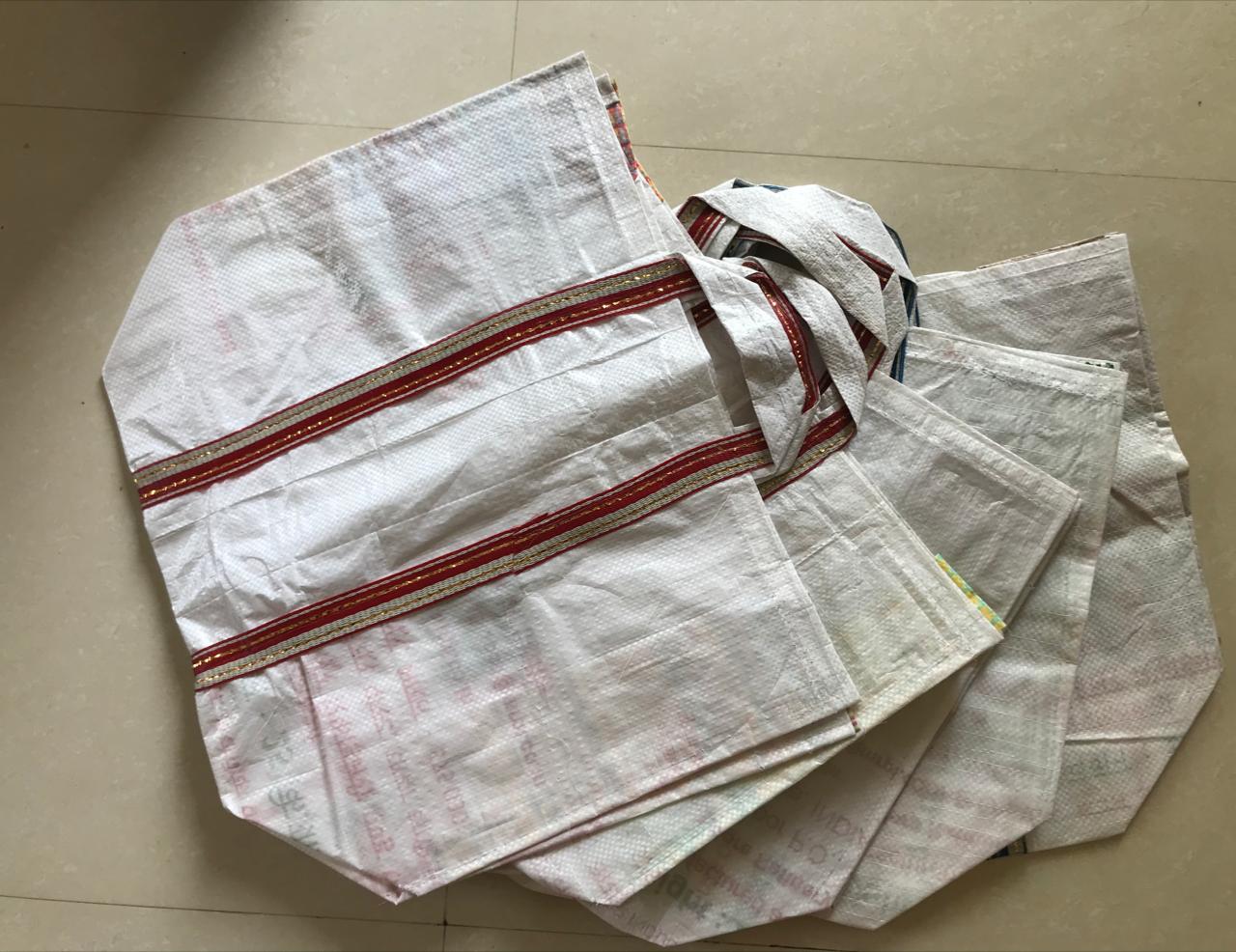
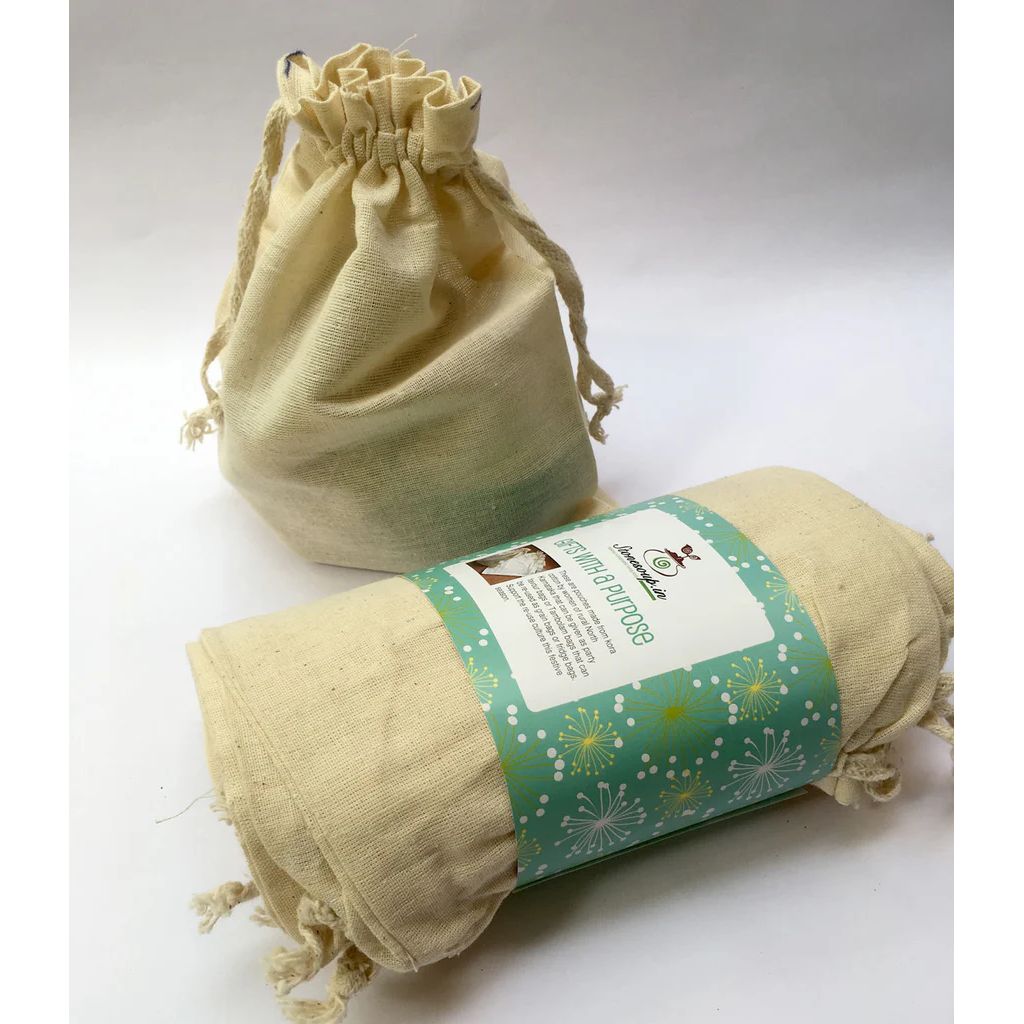
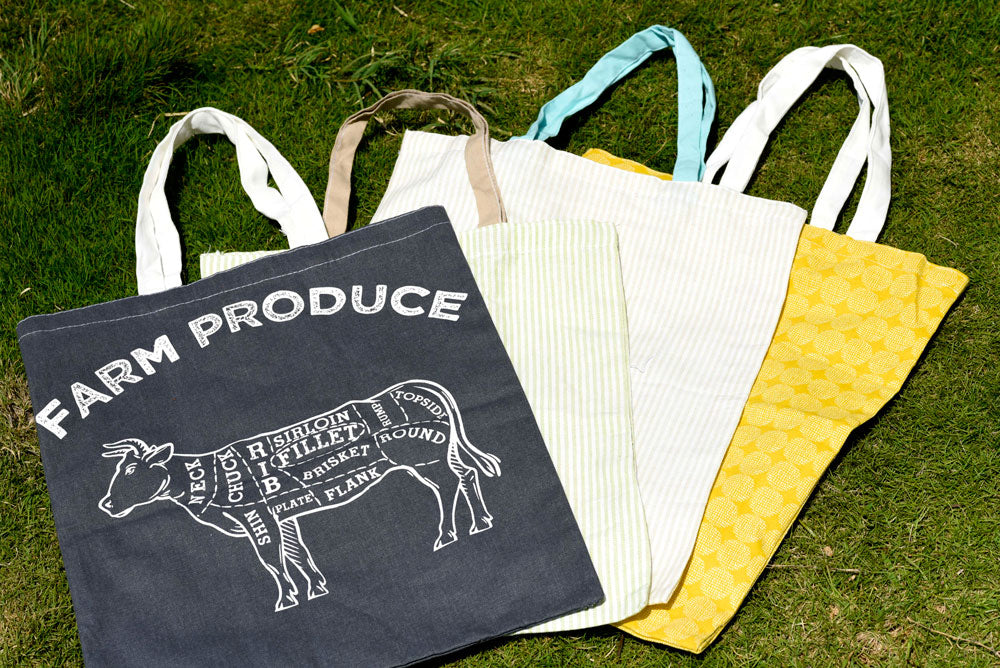
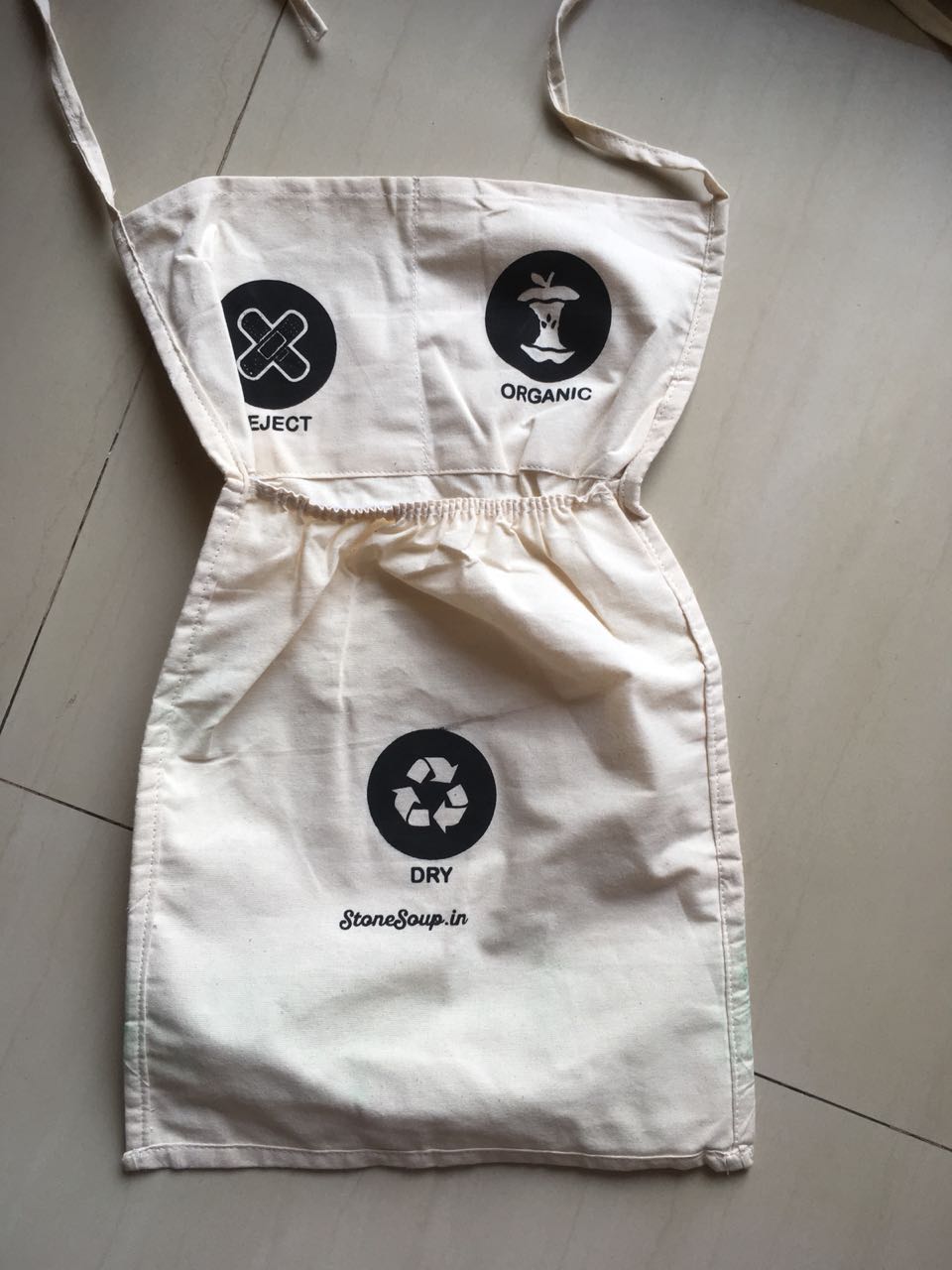
Here is a GiveIndia campaign to raise money to donate re-usables for crisis-ridden women.
https://fundraisers.giveindia.org/projects/grow